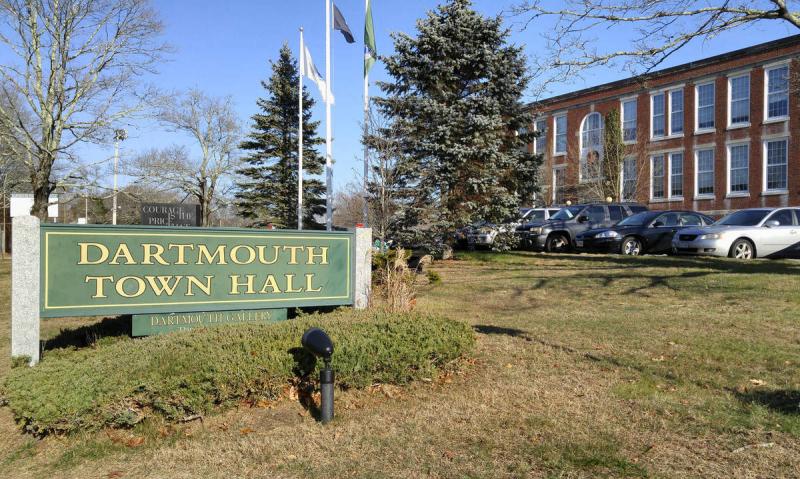‘Dramatic drop’ in meals, hotel tax revenues last quarter
The last quarter of fiscal year 2020 saw a ‘dramatic drop’ in revenues from meals and hotel excise tax — and the full effects of the pandemic may not be felt until next fiscal year, according to Director of Budget and Finance Greg Barnes.
Barnes said that the amount of meals tax collected last quarter fell 44 percent from the first quarter of FY20, while there was a 59 percent drop in the amount of hotel/motel excise tax collected between the first and fourth quarters.
But since the last fiscal year started off on a high note in July 2019 — “We were having a very very good year at the beginning,” said Barnes — overall revenues from local receipts like permits, licenses, and boat and motor vehicle tax (along with meals and hotel tax) were only down about six percent on-year overall.
So this year’s budget will likely remain largely unaffected, particularly since the state’s Office for Administration and Finance announced July 30 that its municipal aid — the second largest source of revenue for Dartmouth after property tax — will not decrease this fiscal year.
Since officials had drawn up the budget assuming the same level of funding as last year, said Barnes, this is “perhaps the best case scenario we could have.”
But it’s not time to breathe a sigh of relief quite yet.
“The bad news is, how is this being paid for?” Barnes asked at a Finance Committee meeting on August 6. With the state projecting a $6 billion deficit due to coronavirus, he said, “They may be tapping into their rainy day fund.”
If the state coffers start to run dry before next fiscal year, Barnes said, FY22 could pose a significant challenge.
“Typically when there are prolonged downturns, it’s the second year you really have to worry about,” he noted.
If revenues collected this year continue low, it could drastically impact next year’s spending — a problem that would be compounded if the downturn affects people’s ability to pay their taxes.
A lot depends on how long and how severe the recession will be.
Plus, Barnes added, there is a “great deal of uncertainty at the federal level” regarding the stimulus bill and the presidential election coming up in November.
Luckily, Dartmouth officials are already thinking long term.
“We’ve been very conservative with spending money,” said Barnes, noting that the town implemented a non-essential hiring and spending freeze back in March, which he said has “resulted in significant savings.”
Since the town tends to budget conservatively, he said, despite the pandemic, “our level of reserves is very good,” which is welcome news heading into a tough year.
And although the next fiscal year could be a difficult one, Barnes remains cautiously optimistic.
“Flexibility is built into the budget,” he said.












